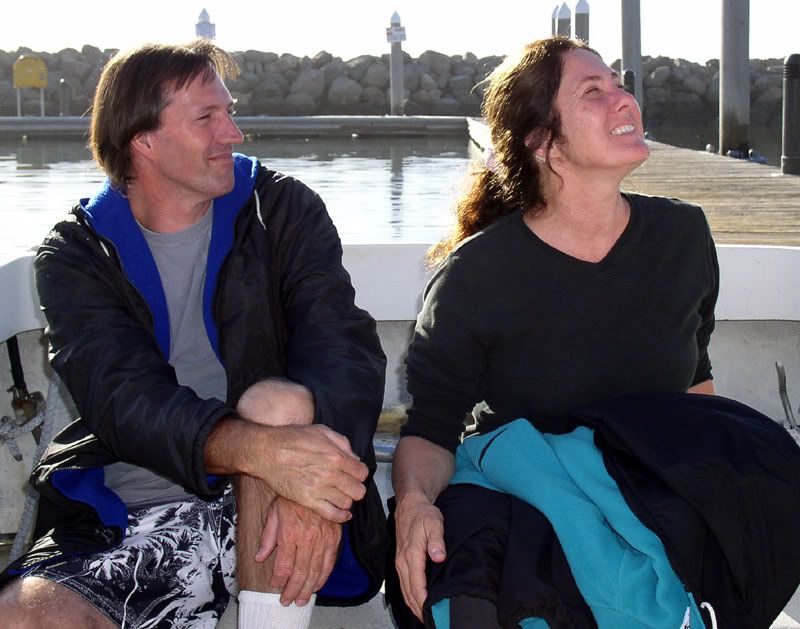This a thread in the technical diving subforum. Most agencies now a days agree that diving air beyond recreational limits has to great of a risk and therefore recommend trimix.
I think doing something recognized as dangerous when there is a safer option is by definition stupid.
Yes, and one of the agencies that I have studied through even goes as far as to state that their certification is only good to 100 fsw due to the effects of narcosis beyond that depth. I don't completely agree with that because I have been deeper than 100 fsw on air for recreation (and work) and I did not notice any serious effects.
On the other hand a majority of agencies still use the old "recreation limits are to 130 fsw" which originated from the operational limit of the old double hose regulators. That completely ignores the physiological effects of Nitrogen because it extends the use of air into the limits of narcosis.
Trimix is still considered an extreamly advanced form of diving and I do not see the main stream scuba agencies moving to teaching its use deeper than 100 fsw where it should be.






